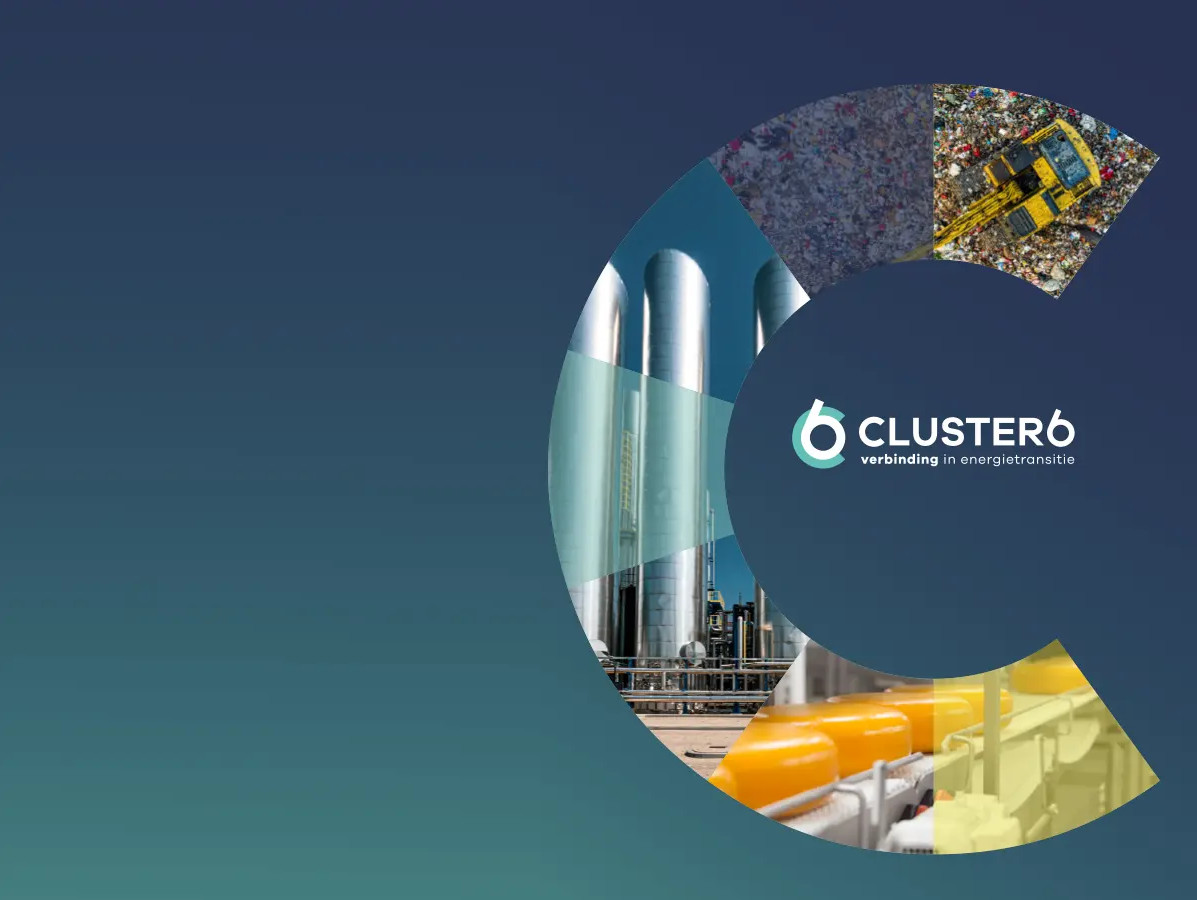
The energy transition is putting pressure on the Dutch food industry. Companies within Cluster 6—a group of around 450 industrial businesses, including many food producers—are eager to become more sustainable but are hitting a wall due to inadequate energy infrastructure. As a result, at least 1.7 megatons of CO₂ reduction potential remains untapped each year. Beyond the climate impact, this also brings financial and competitive risks.
The food industry relies heavily on gas and electricity for processes such as baking, frying, cooling, and packaging. The shift to more sustainable alternatives, such as electrification and hydrogen, is challenging for many companies due to a lack of connections to the necessary infrastructure. No less than 73% of sustainability projects that require new energy connections cannot be completed before 2030. This not only delays climate targets but also increases costs due to rising energy prices and taxes.
In addition to technical challenges, unequal access to infrastructure and renewable energy plays a major role. Food companies in certain regions gain access more quickly than others, creating an uneven playing field. At the same time, government policy remains unpredictable, with fluctuating subsidies, uncertain regulations, and lengthy permit procedures. This makes it difficult for companies to commit to long-term investments.
For the energy transition to succeed, cooperation between businesses, governments, and grid operators is essential. A regional approach—where companies gain a clear course of action and infrastructure projects are accelerated—can prevent the food industry from stagnating. Cluster 6 is a key pillar of the Dutch economy, supporting 210,000 jobs and generating an annual revenue of 125 billion euros. Swift action is needed to safeguard both sustainability and economic stability.
Source: Cluster6